Dynamics of Political and Social Change
People within a society, state, or international milieu, possess the collective capacity to organize. Assuming a human proclivity for association and organization helps to explain the inception of a social seedbed, which gives rise to a cultivable political process. This notion is very much in line with Jean-Jacques Rousseau’s treatment of sovereignty within a state, which is dependent on rule through the collective will of the people. This process stems from a natural social fecundity; it politically socializes members of the group, association, or organization; it can be spontaneous or implemented. Ultimately, the dynamic effect that political socialization has on the individual members of the group is powerful, and each begins to develop politically within the general context of his or her respective social collectivity. This phenomenon is thus at once a locus for, and a seed of, political development within a state.
Some key factors that secure a manageable notion for “institution” are: one, humans must devise them; two, they must structure human interaction. Given these pliable parameters, it is easy to dissect different forms of political development among different collective groups, and their effects on society. After a period of political socialization, recognizable institutions gain respectable reputations for at least two strong reasons. First, political institutions engender legitimate methods for making group decisions, such as they do in, say, a democracy, and these methods become increasingly apparent through elements like electoral and judicial processes. Second, economic institutions allow individuals to secure property and to foment lucrative participation, which espouses incentive. Concerning economic institutions specifically, it is important to remember that incentive for participation can take many forms. Yet, there may be no limit to financial dimensions that find their consummate counterpart in political institutions.
Socioeconomic dimensions of certain human groups also heavily inform their political institutions. Social forces and their efflux of power can directly determine different kinds of state rule. Additionally, theorists signal a wealth of evidence, which indicates that many different institutional influences across many nations control economic development. Internationally speaking, it is important to ask why some groups prosper while others do not. Moreover, it is paramount to investigate political institutions before tackling questions as to why societies elect, suffer, or conserve dysfunctional institutions.
Holding the reins of an economy is one obvious and major way in which nations, or socially politicized groups, mediate the process of development. In turn, economic institutions inform the social dimension of the state. Many effects can be osmotic and cause a spillover; discrimination, and the exclusion from political participation, censure, or economic equality, for example, all affect development, while economic institutions affect them. Political development necessarily involves a relationship between politics and economics because such institutions both affect development.
The capacity for a people to organize into groups is important. Groups wield greater social command than simply one individual alone. Groups give rise to nascent institutions, and they seem the very fountainhead of political power. This perspective even helps to rationalize why “princely” rulers in a patron-client systems, for example, seek to oppress and subjugate many individuals but are not simply content to rule themselves: they want to maximize their reign over groups. Political institutions bubble-up from a communal source, informing political power and driving political development. In turn, political power informs institutions. Development, then, as the explicit fruit of the political power inherent to a group, can take many forms. And, wherever there is a pool of political power in one location, there can also exist competition.
In a political sense, it is important to consider how certain factions within a state experience disenfranchisement due to political competition. Despite any apparent weaknesses extant between the individual and the group, political development within a structured society itself seems altogether unlikely without individual agency. Thus, individual agents operate how they may, though they also gravitate toward larger, more accreted pools of political power, such as those prone to form and eventually constitute an entire nation-state. Oftentimes there is incentive behind individual motives for alloying power with such groups. This coalescence seems generally inclined towards the stratification of social power. Nevertheless, outgrowths like social classes are preeminently important; their social forces serve as major determinants for whatever governments and regimes that may form from collectivization.
Necessarily, the individual becomes part of the society; the individual’s implicit social agency gets disseminated explicitly, effectively constituting Rousseau’s sovereign within the state. Again, this dialectic of individual and state power becomes apparent when political and economic institutions unfurl and thrive. But the existence of institutions does not imply equal access to participation, or even equal exercise of political power within society. Perhaps an elegant way to approach any political or economic competition is to consider two contending types of power: de jure and de facto political power.
De jure political power springs from a given society’s political institutions, which can include the type of government a society has, or the limits of the society’s political rulers. On the other hand, de facto political power refers to the power that individuals have despite the allocation of power with respect to political institutions. In other words, people can arm themselves, rebel, co-opt military power, protest, etc., so as to vie for power or to take it.
It goes without saying that these types of power do not exist without a collective group of individuals or their institutions. Any antagonism between these two forms of power within a society or state can originate from the collective choices of a people within that society or state, choices that likewise construct economic institutions. What is more, it is sometimes difficult to discern the reason for a political struggle from an economic conflict of interest. Political power, however, plays the pivotal role, making it the deciding factor between contending factions.
There is perhaps no reason to suggest that such conflict as de jure versus de facto political power is a given in political development, or in the impacts that social struggles may have on societies and their political development. Nevertheless, there is one theory that suggests a way to reinforce political institutions in tandem with changes that take place about the social and economic landscape. The state, which derives its power from the general population (in one way or another), can approach the development process as one of learning. It thereby leaves more than adequate room for “reaching-up” strategies to guide political development, having then a more democratic effect on society. This is one extremely attractive form for nation-states to legitimately mediate the development process.
The “reaching-up” approach is a people-guided approach to political development. It empowers popular organizations and structures, as well as administrative or bureaucratic processes, with its actions orchestrated by learning processes. It can even steadily increase the democratization of formal methods for participation in political power, effectively assuaging any de jure versus de facto conflicts. Moreover, given the proximity and oft-inextricable nature of economic institutions and political ones, economic incentives for such close participation in government should surely emerge. Whatever the incentives may be, the democratic hope is that people can effectively co-operate their economy by guiding policy and state efforts from a radical position. The people, or sovereign, thus become the tutors, and their government, the pupil under their tutelage.
Social choices shape a society’s economic institutions. Political power within a society also results from the choices a society makes. The affected economic and political institutions, which stem from collective social choice, both influence political development. Such powerful institutions perhaps never escape their social foundation, but rather take on lives of their own though certain groups endeavor to dominate others for the sake of gaining power and wealth. Although the foregoing deliberations on political development revolve largely around two basic Western pillars for democratization (competition for political office, civil participation in political elections), one last mainstay warrants mention: civil liberties.
When civil liberties are at risk, there is cause for concern that a reigning group centralizes power through their economic status. This reinforces the exorbitant reach of their political power as harbingers of unabated tyranny and oppression. In this case, it is hard to declare a nation-state the most important authority on what political development should continue to resemble. The hope, however, is that under the auspices of a “reaching-up” approach to political development, the security of participation, economic justice and social equality are already presumed. It would necessarily be the most democratic society possible, whether or not democratization should remain synonymous with development.
Editor’s Notes: Photographs one, two, five, seven, ten, eleven, twelve and thirteen by Looking 4 Poetry; photographs three, eight and nine by Glenn Halog; photograph six by John W. Iwansky.
Related Articles

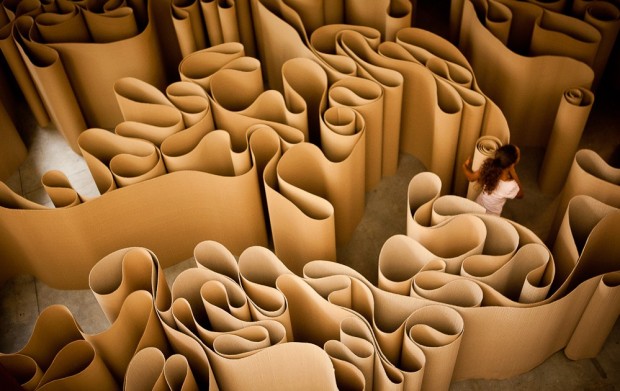
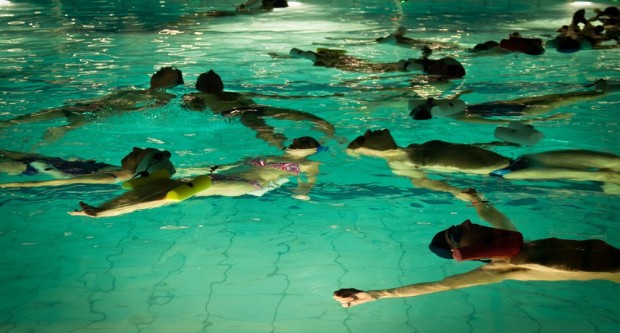
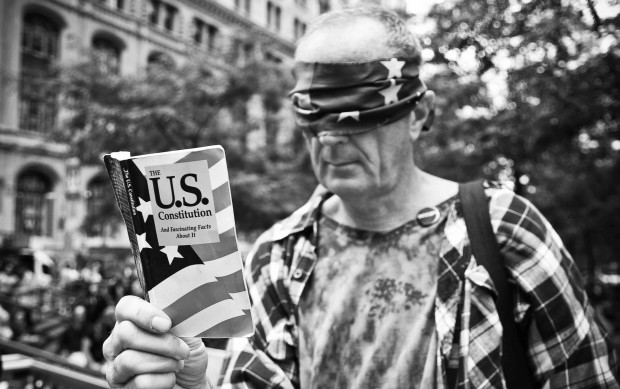
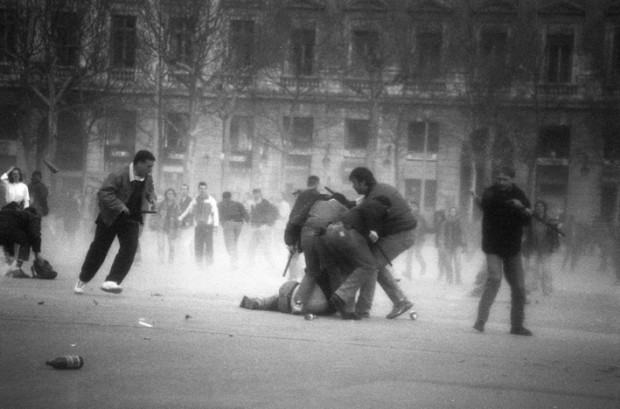
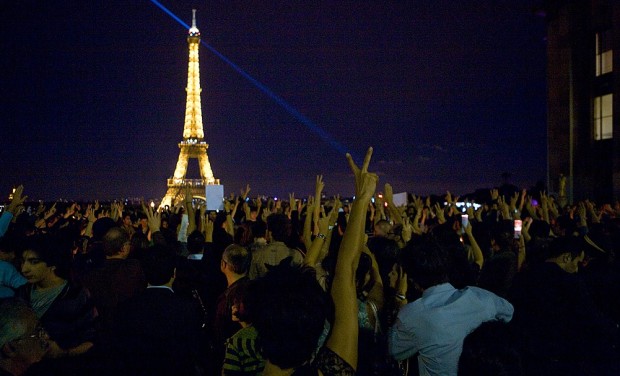
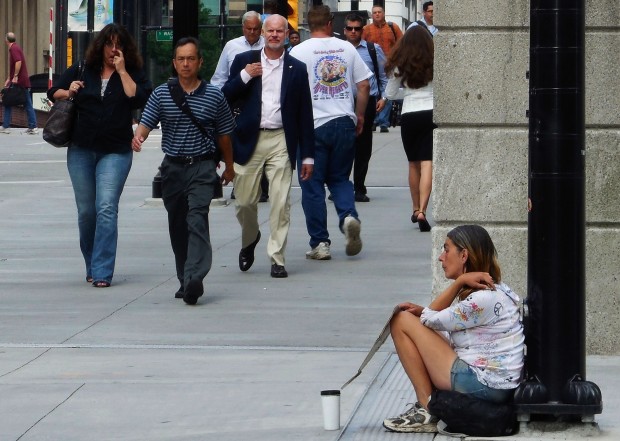
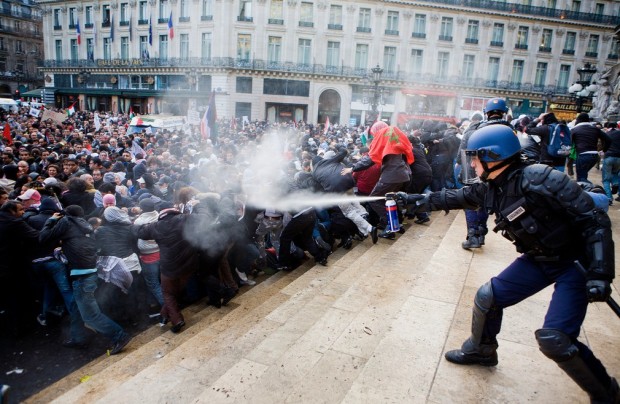
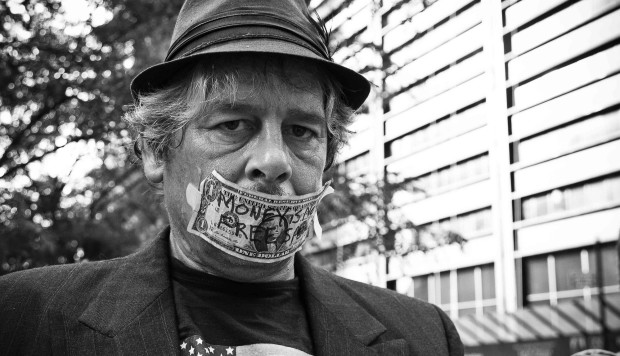
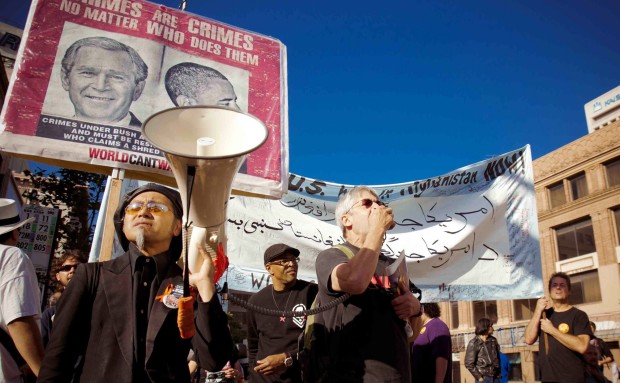
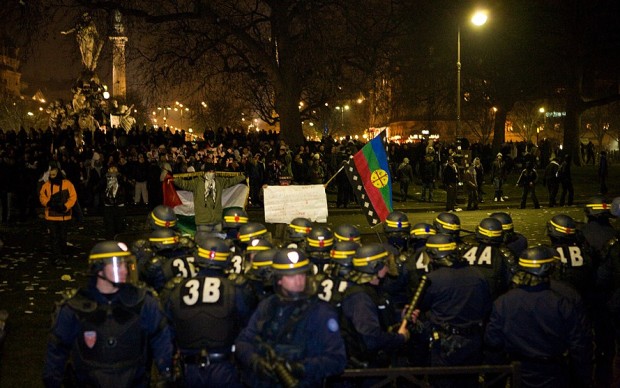
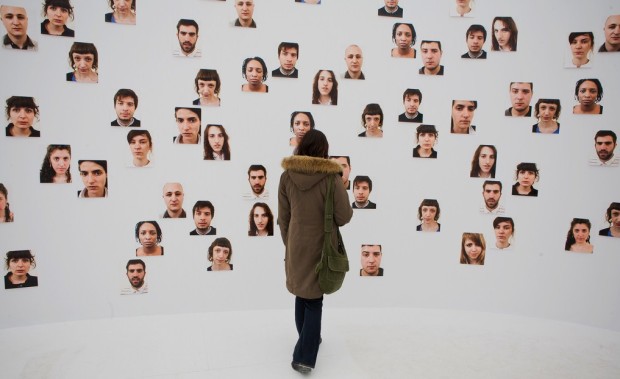
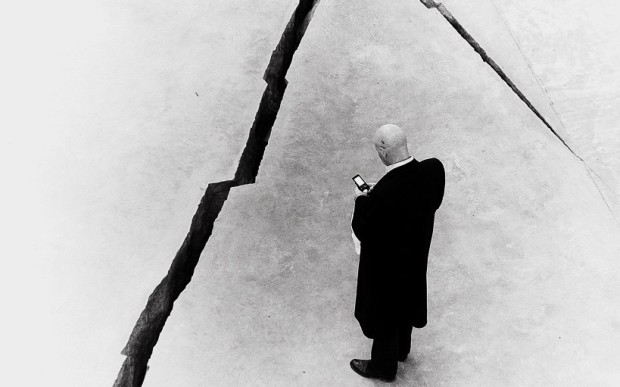
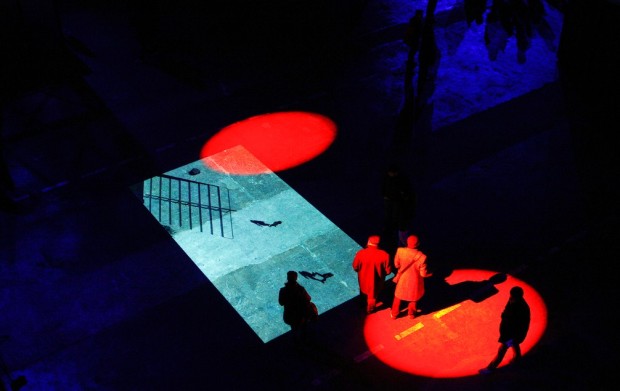











You must be logged in to post a comment Login